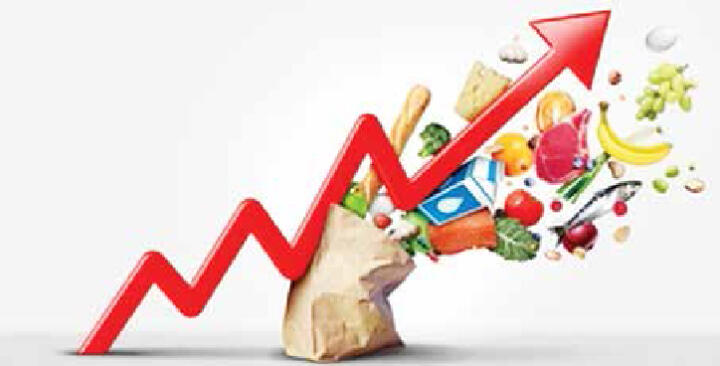A recent economic report has offered a mixed assessment of Nigeria’s current economic performance, highlighting both signs of recovery and persistent structural challenges. The report, compiled by a team of local economists and analysts, examines the country’s fiscal health, inflation trends, and GDP growth over the past year.
According to the report, Nigeria’s Gross Domestic Product (GDP) grew by a modest 2.98% in the first quarter of 2025, driven largely by growth in the services and telecommunications sectors. While this represents an improvement from previous quarters, it remains below the government’s annual growth target of 3.5%. Analysts note that oil production, traditionally the country’s economic backbone, has remained unstable due to theft, pipeline vandalism, and fluctuating global prices.

The inflation rate remains a significant concern. As of May 2025, headline inflation stands at 34.1%, the highest in nearly three decades. Food inflation, in particular, continues to surge, affecting millions of Nigerians and eroding household incomes. The report attributes the inflationary pressures to persistent supply chain disruptions, rising transportation costs, and the depreciation of the naira.
Currency stability also emerged as a major point of concern in the assessment. Following the Central Bank of Nigeria’s unification of exchange rates last year, the naira has experienced sharp volatility. Despite several interventions, the exchange rate remains unstable, leading to increased costs for imported goods and straining small and medium-sized enterprises (SMEs).
On the fiscal side, government revenue has improved slightly due to higher non-oil tax collections and the removal of fuel subsidies. However, public debt continues to rise, with total debt stock nearing N100 trillion. The report warns that debt servicing is consuming a growing share of the national budget, leaving limited room for investment in infrastructure, education, and health.
Employment figures remain troubling, particularly among youth. Although there has been some improvement in job creation through digital entrepreneurship and the informal sector, underemployment and unemployment rates remain high. The report calls for more targeted interventions to support skills development and formal job creation.
Despite these challenges, the report notes some positive developments. Foreign direct investment (FDI) showed signs of gradual recovery in Q1 2025, particularly in the tech and renewable energy sectors. Additionally, the federal government’s renewed focus on industrialization and agricultural reforms has the potential to diversify the economy if implemented effectively.
The report concludes by recommending a multi-pronged approach to economic recovery, including sustained fiscal discipline, a more predictable monetary policy, investment in local production, and greater support for vulnerable populations. While the path forward remains uncertain, the report stresses the importance of structural reforms and consistent policy implementation to foster long-term stability.
Overall, Nigeria’s economic performance in the past year reflects a country at a crossroads — making strides in some areas while continuing to grapple with deep-rooted challenges that demand urgent attention.
Support InfoStride News' Credible Journalism: Only credible journalism can guarantee a fair, accountable and transparent society, including democracy and government. It involves a lot of efforts and money. We need your support. Click here to Donate
